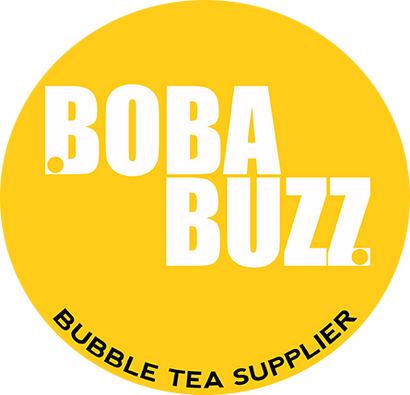Add description, images, menus and links to your mega menu
A column with no settings can be used as a spacer
Add description, images, menus and links to your mega menu
A column with no settings can be used as a spacer
Link to your collections, sales and even external links
Add up to five columns
Decoding the Terminology Debate: Boba Tea vs. Bubble Tea
February 05, 2024 2 min read
Decoding the Terminology Debate: Boba Tea vs. Bubble Tea
Boba Tea or Bubble Tea? This seemingly innocent question has sparked heated debates among tea enthusiasts and beverage lovers around the world. While both terms refer to the same delightful drink that has taken the world by storm, the choice of terminology can vary depending on where you find yourself. In this blog post, we will delve into the origins of Boba Tea and Bubble Tea, explore the cultural contexts behind each term, and ultimately attempt to unravel the terminology debate that has captivated tea enthusiasts everywhere.

To understand the terminology debate, we must first trace the origins of these two names. Boba Tea, originally known as "Zhen Zhu Nai Cha" in Mandarin, emerged in Taiwan during the 1980s. The drink gained popularity for its unique combination of tea, milk, and tapioca pearls, known as "boba." Meanwhile, Bubble Tea, a term coined in Taiwan, referred to the same beverage but with a broader range of flavours and toppings, including various fruit syrups and jellies. As Bubble Tea spread beyond Taiwan's borders, the term "Boba Tea" gained prominence in certain regions, particularly in the United Kingdom.

The choice between Boba Tea and Bubble Tea often reflects different areas' cultural contexts and regional preferences. Both terms are used interchangeably in Taiwan, where the beverage originated, with Boba Tea being the more common term. However, in Western countries such as the United States, Canada, and the United Kingdom, the term Bubble Tea has gained significant popularity, likely due to its broader range of flavours and toppings. Additionally, cultural factors, such as the influence of Asian diaspora communities, have shaped the terminology used in different regions.

The ongoing debate surrounding the terminology can be attributed to various factors, including cultural appropriation, linguistic nuances, and personal preferences. Some argue that using the term "Bubble Tea" dilutes the cultural origins of the drink, as it encompasses a wider range of variations that may not align with the traditional Taiwanese recipe. On the other hand, proponents of the term "Boba Tea" argue that it pays homage to the original Taiwanese creation and helps preserve its authenticity. Ultimately, the choice between the two terms often comes down to personal preference and the cultural context in which the drink is being enjoyed.

Rather than getting caught up in the terminology debate, it is crucial to recognise and celebrate the widespread popularity of this beloved beverage. Whether you prefer Boba Tea or Bubble Tea, the essence of the drink remains the same—a delightful combination of tea, milk, and chewy tapioca pearls or other flavourful toppings. Let us embrace the diversity of names and flavours, appreciating the cultural exchange that has made this drink a global phenomenon.
The debate over whether to call it Boba Tea or Bubble Tea highlights the cultural intricacies and regional preferences that shape our understanding of this popular beverage. While the terminology may differ depending on where you find yourself, the essence and enjoyment of the drink remain constant. So, the next time you find yourself craving this delightful concoction, remember to savour the flavours and relish the cultural exchange that Boba Tea/Bubble Tea represents.
Subscribe
Sign up to get the latest on sales, new releases and more …
